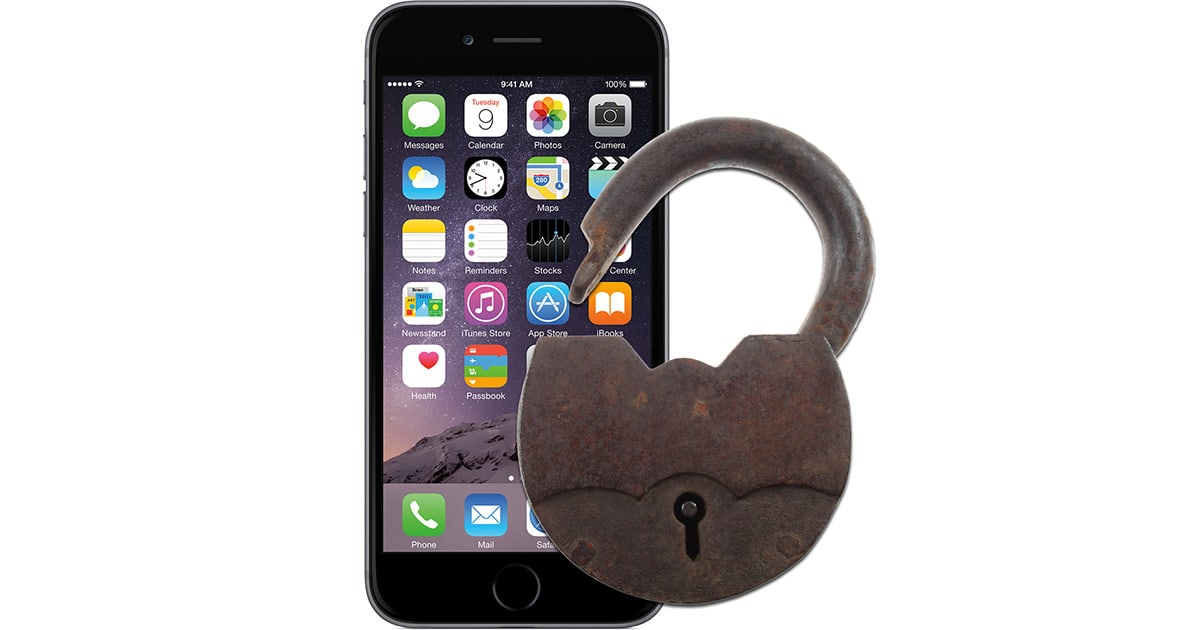Australia is proposing laws that would require companies like Apple and Facebook to give the government access to our personal encrypted data, and now the country’s attorney general thinks he can convince Apple that’s a good idea. Australia Attorney General George Brandis is meeting with Apple this week in a effort to coax the iPhone maker into voluntarily building back doors into it encryption.

His argument for access into encrypted data is in line with the ongoing government fight in the United States for the same: criminals, terrorists, and pedophiles can act cover their trails and act with impunity. Brandis says he’d like to see tech companies voluntarily cooperate, but wants legislation to force compliance, too.
The Same Old Encryption Back Door Argument
Australia’s stance isn’t new or even innovative. It’s the same position the U.S. and U.K. have taken on encryption, and like the U.S., Australia is saying it doesn’t want a back door. Instead, it wants a way to bypass security protections that prohibit anyone from decrypting data without a passcode.
The government is also saying it isn’t seeking to weaken encryption, but instead simply wants the access to user data.
Apple argued that’s the same thing as a back door into our data and it weakens security for everyone. That was part of Apple’s stance during the very public fight with the FBI over a 2015 mass shooting in San Bernardino, California.
In that case, the FBI sought a court order forcing Apple to create a special version of iOS the agency could hack so it could see what was on the shooter’s iPhone. Apple argued that doing so would expose millions of iPhone to attack, and that even though the FBI promised it wouldn’t be used on other phone or ever released, the hack would eventually leak.
The FBI dropped that fight only hours before a scheduled court hearing after paying US$900,000 to a company for a hack into suspect’s iPhone. Ultimately there wasn’t anything of value on the phone—something the San Bernardino police chief suspected from the beginning.
Now Senator Diane Feinstein has a bill she hopes will pass that gives the U.S. government authority to force companies to make their encryption unlockable by law enforcement agencies.
Like the U.S., Australia is pushing its stance that creating a way for governments to access our encrypted data isn’t the same as a back door. That doesn’t make it any less of a back door—or less of a security threat—no matter how much Brandis argues.
His hope that Apple will voluntarily erode the privacy and security measures we see on the iPhone and Mac will only lead to disappointment—something the FBI learned very publicly last year.
[Thanks to Sky News for the heads up]
It never ceases to amaze me how people like him can rise to the top of the food chain.
I enjoyed ZDnet’s Chris Duckett’s take on this story: “Australia is now King Idiot of the internet” | ZDNet, July 16, 2017, especially with this
“And last week, the Prime Minister of Australia Malcolm Turnbull told ZDNet that the laws produced in Canberra are able to trump the laws of mathematics:
‘The laws of Australia prevail in Australia, I can assure you of that,’ he said on Friday. ‘The laws of mathematics are very commendable, but the only law that applies in Australia is the law of Australia.’
http://zd.net/2tdirol, http://zd.net/2uwQJXG
Senator Brandis is an idiot. As a consequence he thinks he’s always right….
There are quite a lot of us here down under who’d really like to drop kick him and his fellow luddites to Timbuktu.
Curiously though, I doubt he’d be willing to agree to using 2nd class encryption for his own communications…..
Apple can perform a great public service by attempting to educating high-profile politicians like Brandis. However, whether or not he is capable of being educated is a different issue. He’s already shown his ignorance of technical realities in pushing for seriously flawed data-retention laws – sadly now already legislated.